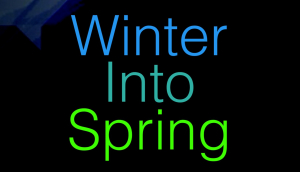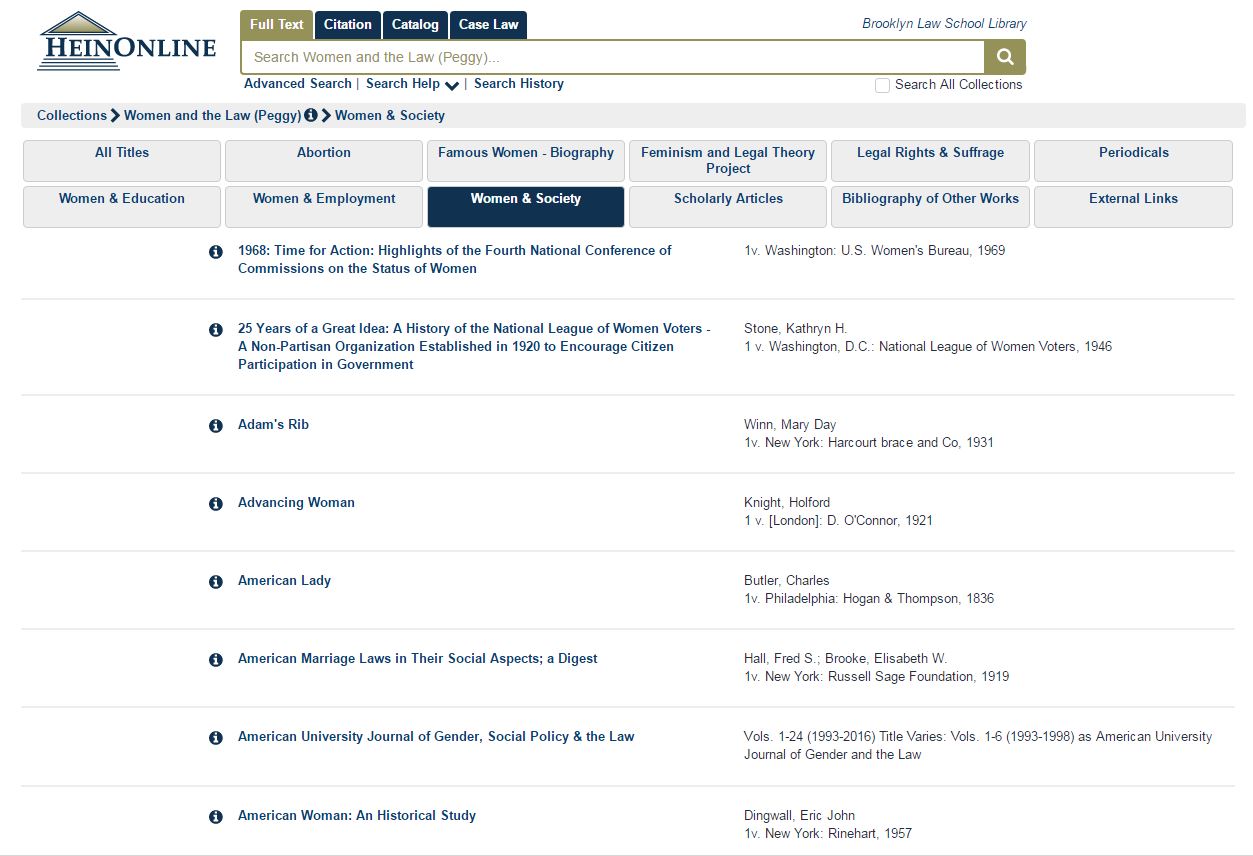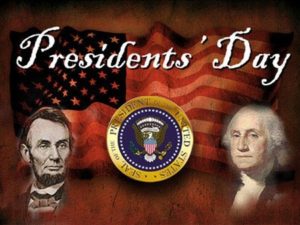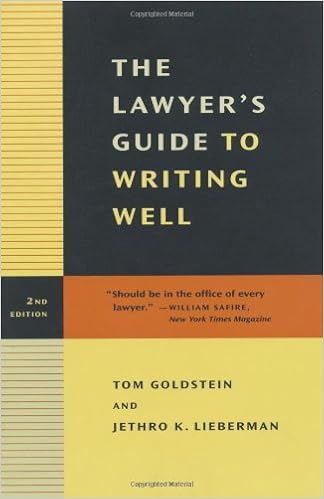Episode 100 – Conversation with BLS Professor David Reiss.mp3
This conversation with Brooklyn Law School Professor David Reiss focuses on his recent article Gorsuch, CFPB and Future of the Administrative State. Prof. Reiss talks about the impact that U.S. Supreme Court nominee Judge Neil Gorsuch would have on the future of administrative law and, in particular, on federal consumer protection enforcement if he is confirmed. Prof. Reiss reviews the case PHH v. Consumer Financial Protection Bureau which the United States Court of Appeals, District of Columbia Circuit decided last year. It is likely the case will be appealed to the Supreme Court. If so, Justice Gorsuch may vote to curtail the independence of the Consumer Financial Protection Bureau and limit its enforcement powers. More generally, Prof. Reiss believes that, given previous rulings by Judge Gorsuch in cases dealing with administrative law, a Justice Gorsuch will be a skeptic of agency action and will support greater judicial review of agency actions.



 In the past few years, there has been increased discussion of the growth in America’s prison population to more than 2 million Americans incarcerated, many of them drug offenders, for periods that seem far too long. Since the publication in 2010 of Michelle Alexander’s
In the past few years, there has been increased discussion of the growth in America’s prison population to more than 2 million Americans incarcerated, many of them drug offenders, for periods that seem far too long. Since the publication in 2010 of Michelle Alexander’s  A search of the BLS Library OneSearch platform will lead readers to a recent review of Hinton’s book in the February 2017 issue of the American Journal of Public Health (Vol. 107 Issue 2) under the title Reckoning with the Rise of the Carceral State by David H. Cloud. For more on the topic, the BLS Library has ordered for its collection a new title,
A search of the BLS Library OneSearch platform will lead readers to a recent review of Hinton’s book in the February 2017 issue of the American Journal of Public Health (Vol. 107 Issue 2) under the title Reckoning with the Rise of the Carceral State by David H. Cloud. For more on the topic, the BLS Library has ordered for its collection a new title, 
 Last year, the Brooklyn Law Library added to its collection
Last year, the Brooklyn Law Library added to its collection  Books and essays about the art of writing well go back a long time. In 1947, English novelist, essayist, journalist, and critic George Orwell (born Eric Arthur Blair 1903 – 1950) and author of
Books and essays about the art of writing well go back a long time. In 1947, English novelist, essayist, journalist, and critic George Orwell (born Eric Arthur Blair 1903 – 1950) and author of  The Brooklyn Law School Library collection included
The Brooklyn Law School Library collection included